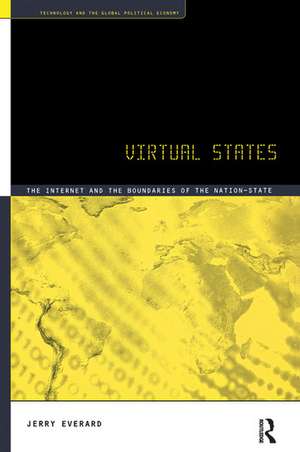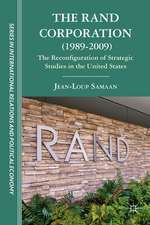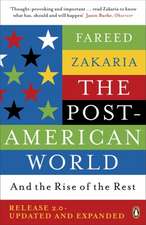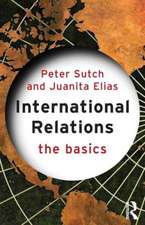VIRTUAL STATES
Autor Jerry Everarden Limba Engleză Hardback – 26 apr 2017
| Toate formatele și edițiile | Preț | Express |
|---|---|---|
| Paperback (1) | 382.65 lei 6-8 săpt. | |
| Taylor & Francis – 23 sep 1999 | 382.65 lei 6-8 săpt. | |
| Hardback (1) | 1109.18 lei 6-8 săpt. | |
| Taylor & Francis – 26 apr 2017 | 1109.18 lei 6-8 săpt. |
Preț: 1109.18 lei
Preț vechi: 1352.65 lei
-18% Nou
Puncte Express: 1664
Preț estimativ în valută:
212.24€ • 222.22$ • 176.04£
212.24€ • 222.22$ • 176.04£
Carte tipărită la comandă
Livrare economică 09-23 aprilie
Preluare comenzi: 021 569.72.76
Specificații
ISBN-13: 9781138163973
ISBN-10: 113816397X
Pagini: 196
Dimensiuni: 152 x 229 x 13 mm
Greutate: 0.45 kg
Ediția:1
Editura: Taylor & Francis
Colecția Routledge
Locul publicării:Oxford, United Kingdom
ISBN-10: 113816397X
Pagini: 196
Dimensiuni: 152 x 229 x 13 mm
Greutate: 0.45 kg
Ediția:1
Editura: Taylor & Francis
Colecția Routledge
Locul publicării:Oxford, United Kingdom
Cuprins
PART I Virtual states: theory and practice 1 W(h)ither the state? 2 internet@www.history.edu PART II The developing world 3 Hungry, thirsty and wired 4 Sovereignty, boundary making and the Net 5 Culture and the Other on the Internet PART III The developed world 6 Process: the key to the Cyborg 7 economy@internet.com 8 The @ of war PART IV Internet and society 9 Virtually real/really virtual 10 Internet censorship: US, Europe and Australia 11 alt.cyberspace.binaries.philosophy
Notă biografică
Jerry Everard is in the Department of English and Theatre Studies at the Australian National University. This book was written while on secondment from the Department of Defence in Canberra and does not necessarily reflect official Australian government views.















